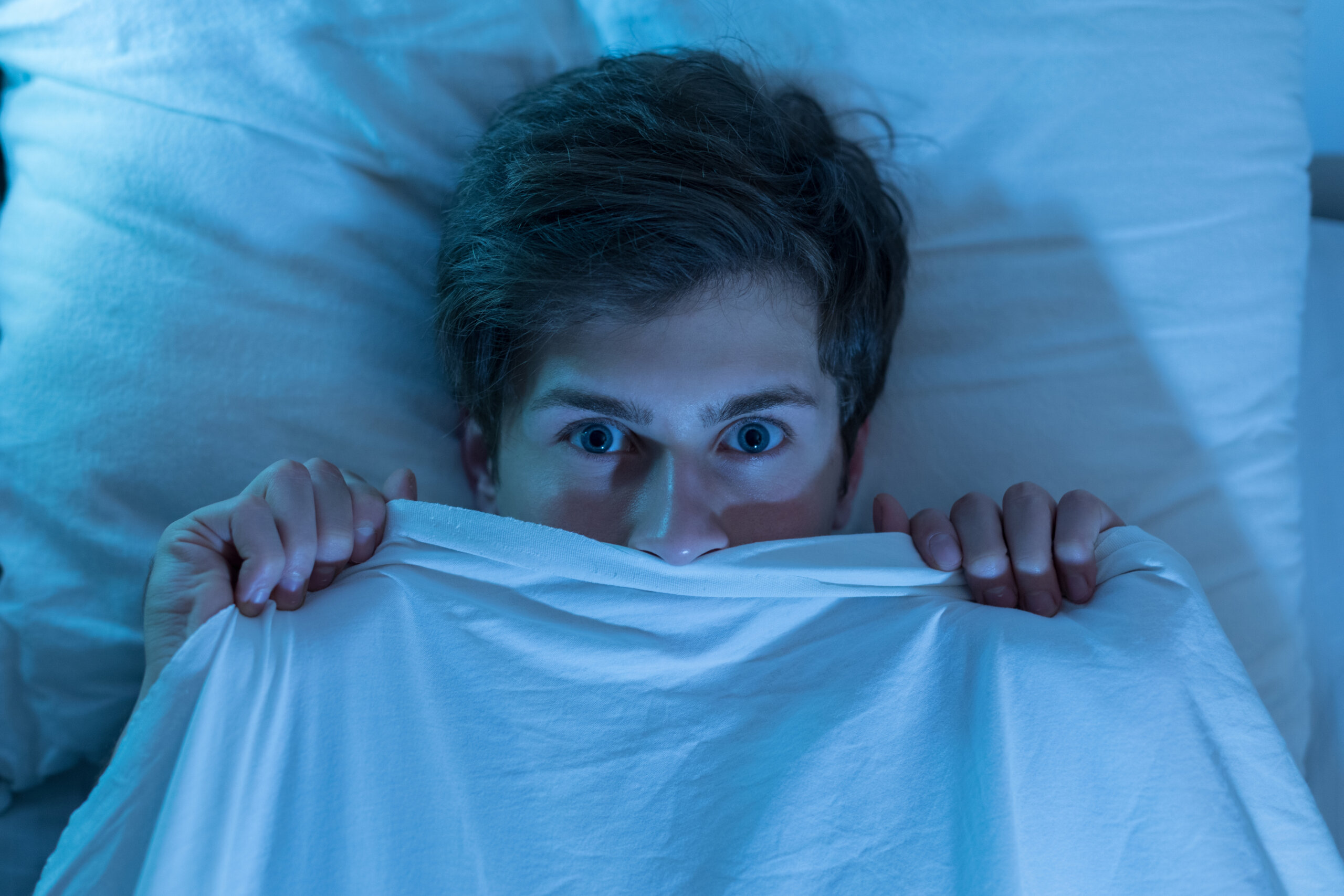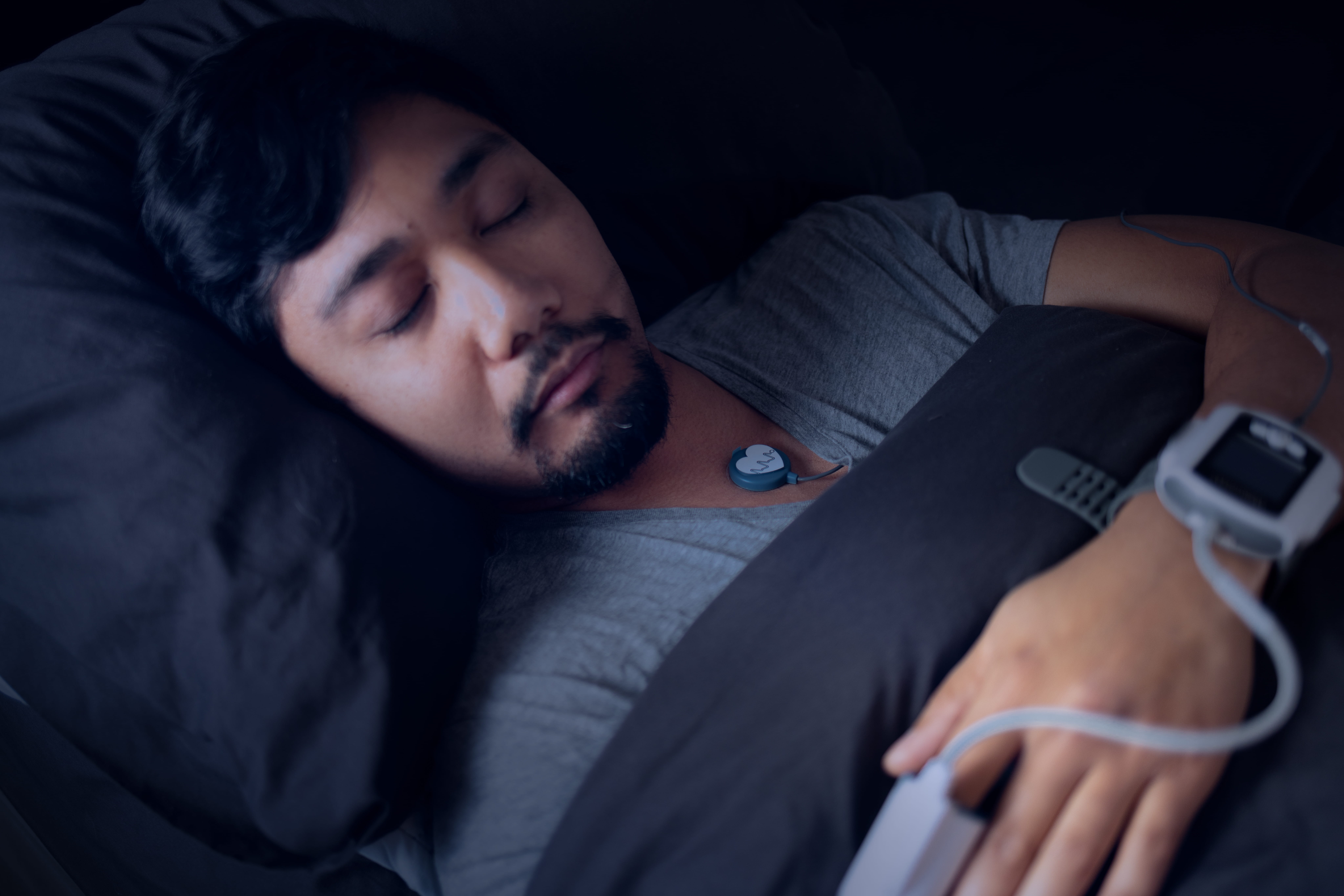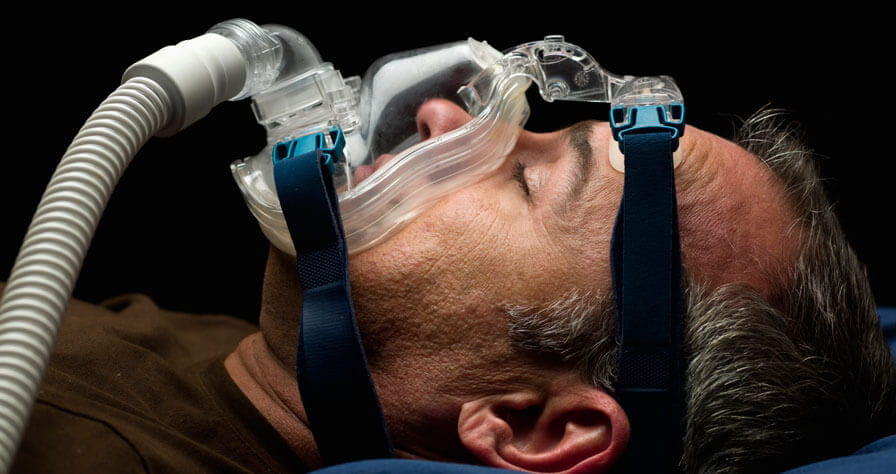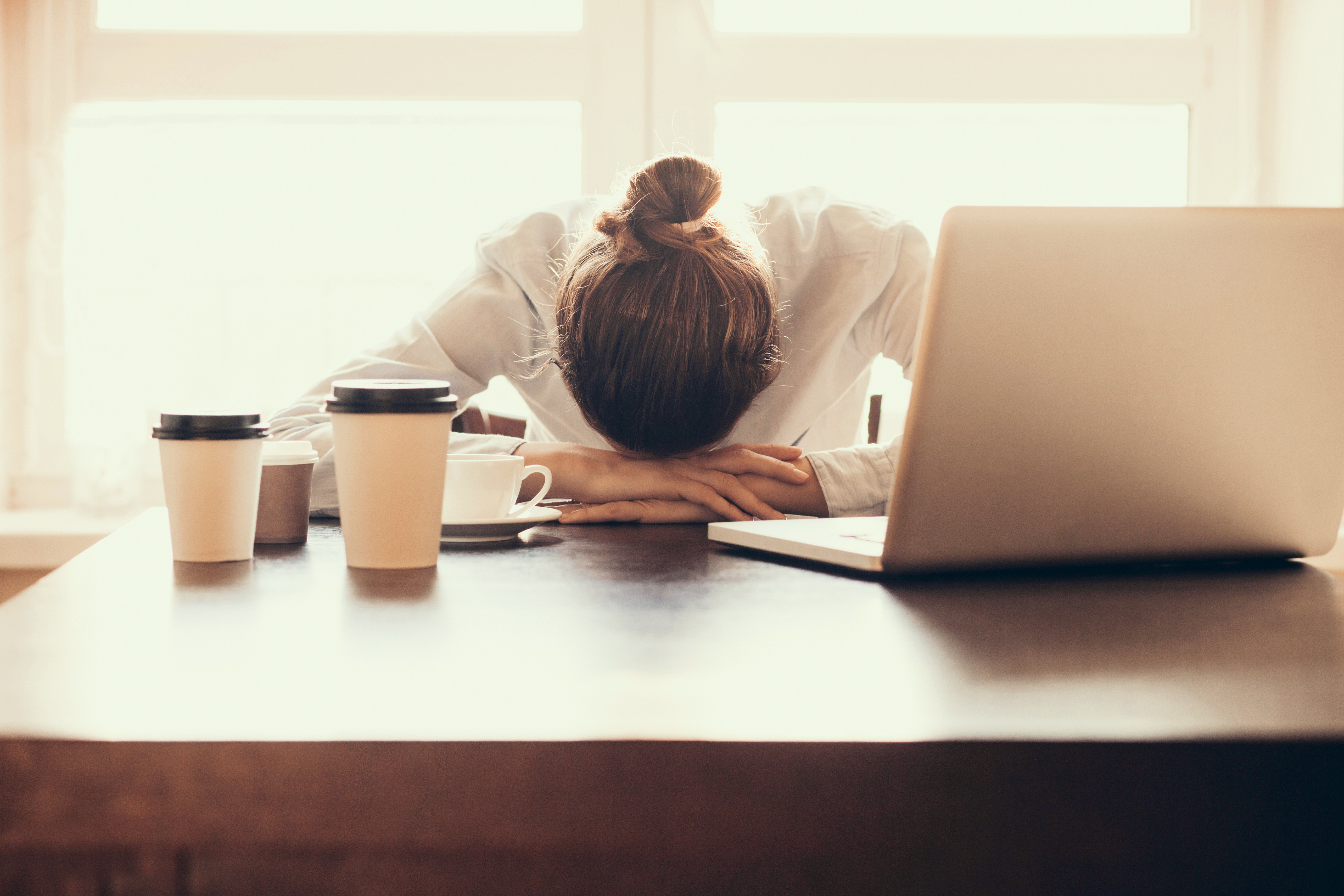What Causes Sleep Paralysis?

Sleep paralysis is a temporary condition in which you’re unable to move right after falling asleep or waking up. This inability to control your muscles is what’s called atonia. People also commonly experience a sense of suffocation and troubling hallucinations during this period.
Is Sleep Paralysis Dangerous?
Sleep paralysis isn’t physically harmful. The psychological effects can be stressful, but most people don’t experience sleep paralysis often enough for it to pose a mental health problem.
However, those who have recurring episodes may develop related sleep issues, such as sleep deprivation from their reluctance to go to bed.
Why Does Sleep Paralysis Happen?
Researchers aren’t sure what causes sleep paralysis. However, studies suggest there may be links between sleep paralysis and obstructive sleep apnea (OSA) or nighttime leg cramps. The same is true for other insomnia symptoms like excessive daytime sleepiness and trouble falling asleep at night.
If your sleep/wake schedule isn’t aligned with your circadian rhythm (such as with shift work or jet lag), you may have a higher risk of experiencing sleep paralysis. You may also have an increased risk if you have an anxiety disorder or a family history of sleep paralysis. And there seems to be a link between the condition and personality traits like imaginativeness and disassociation (i.e., disconnection between your thoughts, memories, surroundings, and identity).
However, while several conditions seem to be associated with sleep paralysis, research to find the cause or causes continues.
How to Avoid Sleep Paralysis
If you experience sleep paralysis and it concerns you, you should contact your doctor. They can talk with you about and potentially treat factors that might be contributing to the condition. For example, they can prescribe treatment if you have untreated sleep apnea.
Since sleep paralysis seems to be associated with other sleep issues, it’s also a good idea to learn about and use healthy sleeping practices (also called good sleep hygiene). Those practices include that you should:
- Go to bed and wake up at the same time each day, including on weekends.
- Follow a nighttime ritual that calms and relaxes you before you go to bed.
- Sleep in a room that’s comfortably cool, dark, and quiet.
- Sleep on a mattress and with bedding that’s appropriate for your needs.
- Avoid screens for at least 30 minutes before bedtime.
- Reduce your alcohol and caffeine intake in the evening.
Cognitive behavioral therapy (CBT) can effectively treat sleep disorders, so your doctor may prescribe it. Also, there are medicines that suppress REM (rapid eye movement) sleep and may help prevent sleep paralysis. Of course, you should never take medication without first talking with your doctor.
How to Get Out of Sleep Paralysis
There’s no proven way to make yourself come out of a sleep paralysis episode. The best thing to do is focus on your breathing and remain calm until it’s over. That’s especially important if it’s not time to get up yet and you want to fall back asleep.
Get Help with Sleep Analysis From Baptist Health
Talk with your Baptist Health primary care provider if you experience worrisome sleep paralysis episodes. They may be able to help and can also refer you to the experts in our Sleep Center.
Next Steps and Useful Resources
What is Sleep Paralysis?
All About the 4 Most Common Sleep Disorders
Why Is Sleep Hygiene Important?



